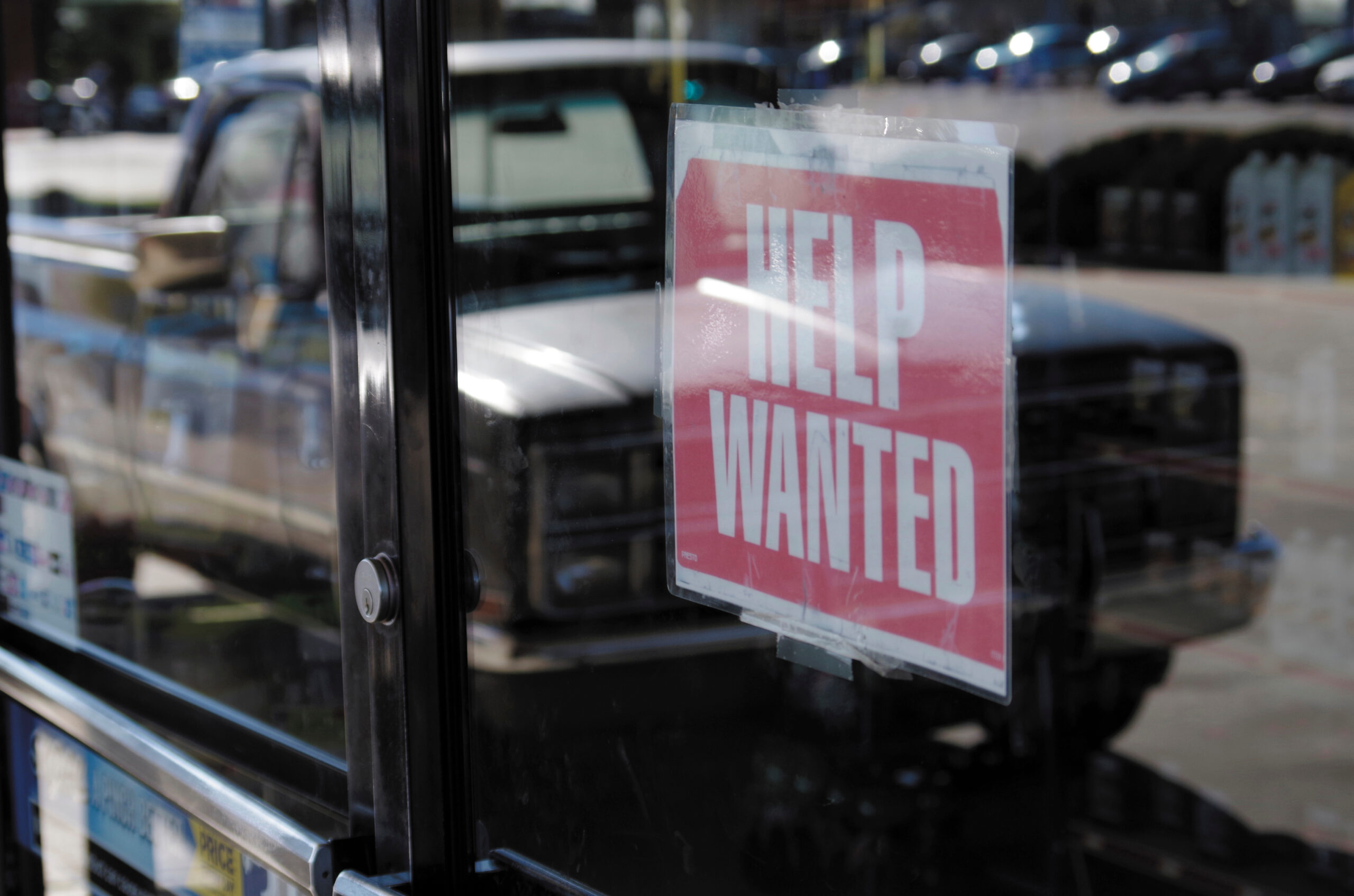Posts tagged CBO
Labor unions call for repeal of Trump tax cuts
May 28, 2024 // The Trump tax law, known as the Tax Cuts and Jobs Act (TCJA), “made massive and permanent cuts to corporate taxes and temporary cuts to individual and estate taxes that have largely benefitted the wealthy and eroded tax revenues,” they wrote to congressional leadership and the heads of the top tax-writing committees. Individual provisions in the Trump tax cuts are set to expire next year, and the 2024 election will determine whether they are renewed, modified or ditched altogether. The Congressional Budget Office estimates that extending the individual cuts will cost $3.3 trillion through 2035.

25 states will hike minimum wage in 2024
December 22, 2023 // Sean Higgins, an analyst at the libertarian Competitive Enterprise Institute, said many food and hospitality workers already earn more than their state minimum. He noted that employers have raised salaries to compete for a shrinking pool of applicants. “Raising state and local rates does hurt the smaller businesses, the classic mom and pop enterprises, who will employ local high school or college-age kids if they can but may not be able to justify that if the minimum rate increases,” Mr. Higgins said.
Biden’s New ‘Prevailing Wage’ Rule Will Cost Taxpayers, Benefit Unions, and Hike Inflation
August 18, 2023 // Actually, the changes are a significant step backward. Biden is effectively undoing a major change made by the Reagan administration—changes that were made, fittingly, to help combat inflation. That change, made in 1982, repealed the "30 percent rule" that guided the process for determining what wages would be paid on which projects. Under the 30 percent rule, the prevailing wage for any particular area would be based on the highest wages paid to at least 30 percent of workers within the same area. You don't need an advanced degree in accounting to see how that mandate could artificially hike wages on federal projects. The government barred itself from even considering bids that might pay average wages, thereby obligating taxpayers to pay more than they might have had to in an open market.
Sanders’ pro-union budget committee hearing shows Democrats’ true agenda
May 6, 2022 // Ranking Member Lindsey Graham’s (R-S.C.) observation during the hearing was exactly correct — under Sanders’s direction, the Senate Budget Committee has taken a dangerous and partisan turn. Instead of focusing on issues under jurisdiction, Sanders would prefer to use his chairmanship as a bully pulpit to push a pro-union agenda and target companies he dislikes for purely political reasons.
Bernie Sanders Announces Wasteful, Politicized Senate Budget Hearing
May 5, 2022 // In reality, this hearing is designed to paint a single company in a bad light and gin up momentum for the nascent Amazon Labor Union (ALU). By any fair measure, this hearing is outside the Budget Committee’s jurisdiction and is part of a government-wide effort to expand organized labor’s power at the expense of American workers.
SOTU address shows Biden favors unions and spurns workers
March 6, 2022 // Instead of focusing on policies that would help Americans deal with runaway inflation, Biden doubled down on Big Labor’s wishlist. No matter what organized labor is selling, implementing a $15 minimum wage alongside the PRO Act would be a doomsday scenario for American workers.
